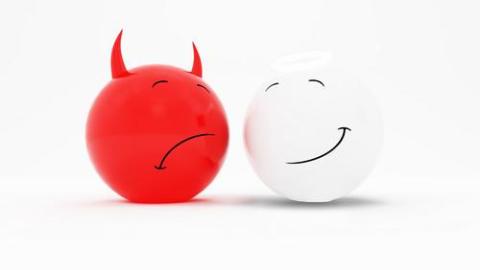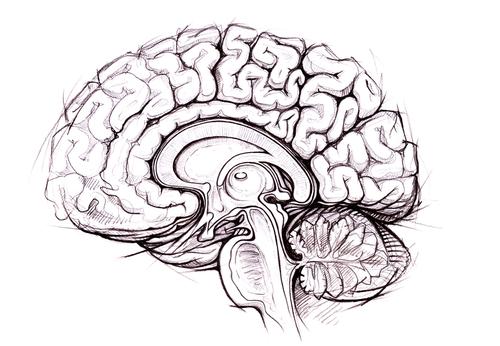Virtue Now Permits Sin Later, Says Your Brain

What’s the Latest Development?
The more virtuous we act now, the more likely we are to engage in self-destructive or anti-social behavior later, says new research into the darker side of goodness. In a study completed in Taiwan, doctors gave sugar pills to 74 smokers, telling half the group they were taking vitamin D. After completing an unrelated survey, the smokers were told they could smoke if they desired. Individuals who believed they had taken a healthy dose of vitamin D smoked twice as many cigarettes as those who knew they had taken a placebo.
What’s the Big Idea?
According the study’s authors, the smokers were exhibiting a concept known as the licencing effect, meaning they consciously or subconsciously thought their previously good behavior justified less than exemplary behavior later on. Previous studies have established that the licencing effect works on our moral sense, too. Individuals who were reminded of their past humanitarian donations, for example, reduced their charitable offering. And people who bought eco-friendly products allowed themselves to cheat and steal in subsequent situations.
Photo credit: shutterstock.com




